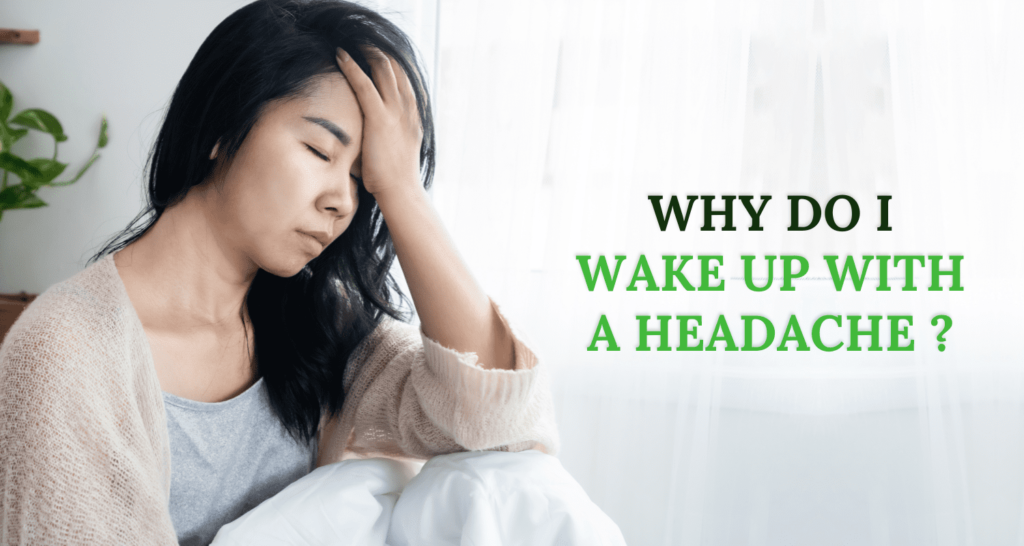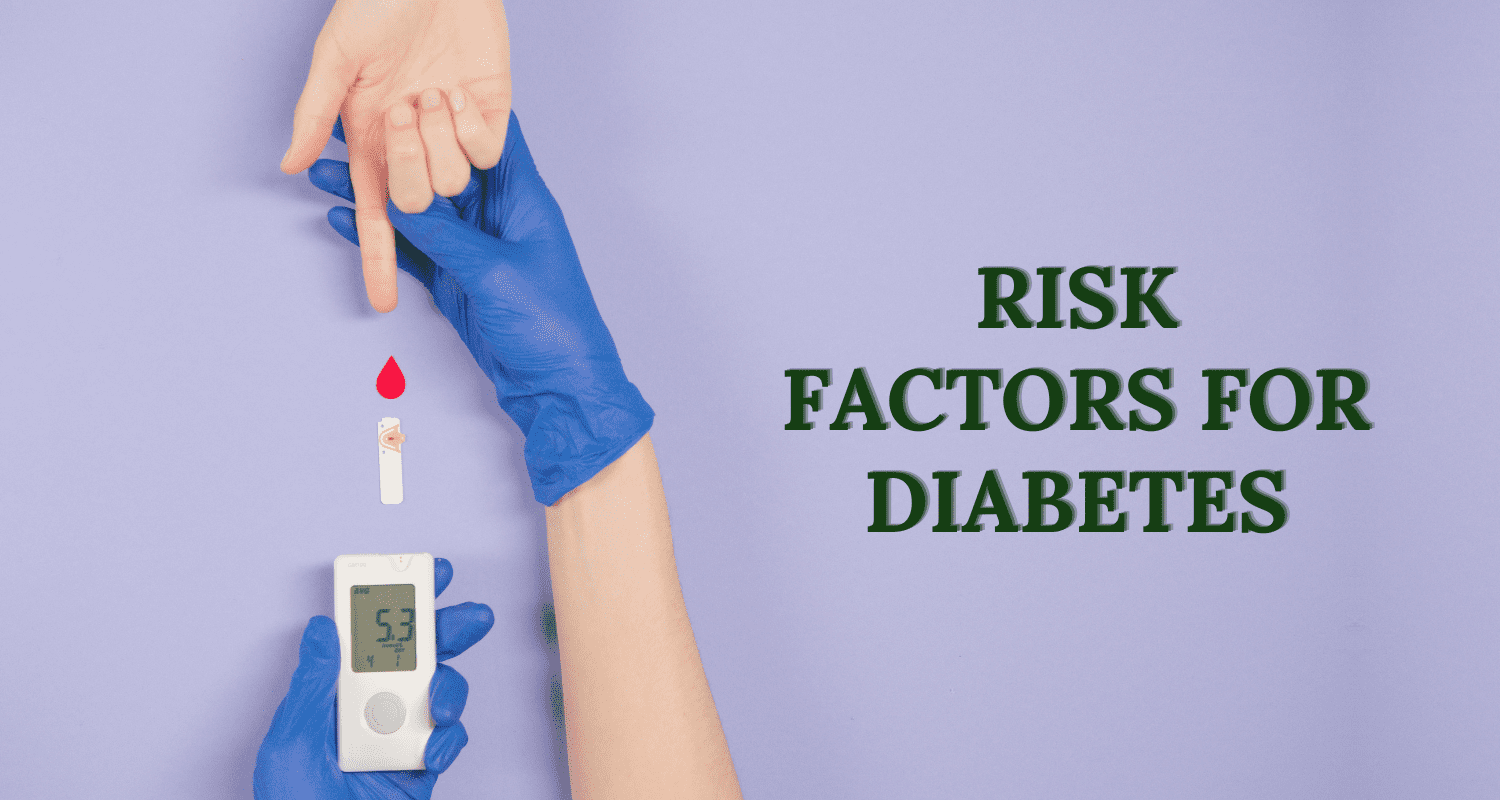According to the National Library of Medicine, many people wake up with headaches. This is especially true for women and those aged 45 to 64. Several things can cause these headaches such as not sleeping well, not drinking enough water, having migraines, grinding teeth, or taking certain medicines.
When we wake up, our brains get more alert. This process can make us feel more pain. The part of our brain that controls sleep and pain might also be involved. It’s important to find out what’s causing and why do I wake up with a headache to stop them from happening.
Let’s delve into why do I wake up with a headache.
Key Takeaways
- Approximately 1 in 13 people experience morning headaches, with women and individuals aged 45-64 being more susceptible.
- Factors like sleep disorders, dehydration, migraines, teeth grinding, and medication side effects can all contribute to waking up with a headache.
- Why do I wake up with a headache? The brain’s increased responsiveness and the hypothalamus, which regulates sleep cycles and pain, play a role in morning headaches.
- Identifying the underlying cause is crucial for effective treatment and prevention of these disruptive headaches.
- Maintaining good sleep hygiene, staying hydrated, and managing stress can help prevent morning headaches.
Sleep Apnea and Snoring
Sleep apnea happens when your breathing stops or gets very shallow during sleep. It’s a big reason for morning headaches. Between 2% and 9% of adults deal with sleep apnea, says the Merck Manual. A study showed that 29% of these people get morning headaches. While we’re not sure why, it might be linked to loud snoring, a key sign of sleep apnea.
Symptoms of Sleep Apnea
Sleep apnea shows up as loud snoring, moments where you stop breathing while asleep, and feeling tired in the daytime. People with this condition can also wake up with a headache. This happens because the break in breathing raises the pressure inside the head, causing pain.
Treatment Options for Sleep Apnea
If diagnosed with sleep apnea, a CPAP machine can be very helpful. This device keeps the airways open while you sleep. Making lifestyle changes helps too. These changes include sleeping on your side, staying at a healthy weight, and not using alcohol or sleeping pills. These steps can ease sleep apnea symptoms and reduce morning headaches.
Dehydration
Not drinking enough water can lead to morning headaches. When we sleep, our bodies lose water through breathing and sweat. If we don’t drink before bed, we might feel a headache in the morning. Symptoms of dehydration are easy to spot. They include feeling thirsty, having a dry mouth, dark urine, and feeling dizzy or lightheaded.
Preventing Dehydration-Induced Headaches
To avoid dehydration headaches, drink water all day and night. It’s also smart to keep a full water bottle near you when you sleep. Starting your day with a big glass of water is helpful, too.
Drinking electrolyte drinks, without too much sugar, is also a good idea. They help replace lost fluids and minerals, which prevents morning headaches.
Migraine and Headache Disorders
Migraines are severe headaches that keep coming back. They often start in the morning. MedlinePlus tells us about 12% of Americans get migraines. They are more common among women and people with sleep troubles. A migraine might begin mildly but get much worse later.
Distinguishing Migraines from Other Headaches
It’s vital to tell migraines from other headaches for the right treatment. Migraines feel like a steady throb. They make you dislike light and sound and sometimes cause throwing up. Meanwhile, tension headaches are duller and hurt less. They may not bother you with bright lights or loud noises.
Managing Migraine Triggers
Handling your sleep, staying hydrated, and getting enough rest can lower your migraine risk. If a migraine starts, taking medicine like triptans right away can help. It’s also smart to watch for other things that might set off your migraines. These could be stress, changes in hormones, certain foods, or weather shifts.
Bruxism (Teeth Grinding)
Sleep bruxism is when you grind your teeth while you sleep. It can cause morning headaches. You might also see these signs: your teeth may get shorter, your jaw or face may hurt, and you could find it hard to open your jaw. Bruxism can also make your sleep worse.
Signs and Symptoms of Bruxism
Bruxism shows itself in a few ways. Your teeth might wear down, or they could become sensitive. You might also feel pain in your jaw muscles. People with bruxism might wake up with a headache. They could also have earaches or find it hard to move their jaw because of all the grinding.
Treatment Options for Bruxism
Dealing with bruxism and the pain it brings involves many steps. A common way is to wear a mouthguard at night. This guard protects your teeth from grinding. Learning how to reduce stress and sleep well are also important steps.
Sometimes, doctors might give you medicine for the pain. Or they might suggest talking to someone who can help you change how you think and behave.
Why Do I Wake up With a Headache?
How you sleep is a big deal when it comes to waking up with headaches. The wrong pillow or mattress might not support your head and neck well. This can lead to stress and tight muscles, causing headaches in the morning.
Sleep Posture and Tension
It’s very important to sleep in a good position. Otherwise, you might strain your muscles or get stiff. This can turn into a headache by morning. Choose a pillow and mattress that match how you sleep. It can make you more comfortable and stop those headaches.
Alcohol Consumption and Hangovers
Drinking alcohol affects how well you sleep. It can make you less hydrated, which is a headache trigger. Drinking heavily, like six or more drinks in one night, often leads to morning headaches. But, even a little alcohol can mess up your sleep and cause headache the next day.
Medication Side Effects
Sometimes, both over-the-counter (OTC) and prescription drugs can lead to morning headaches as a side effect. Headache-triggering drugs include opioids, triptans, NSAIDs, aspirin, and anti-anxiety meds. When you suddenly stop using these medications, a morning headache might show up.
Medications That Can Cause Headaches
Feeling a headache almost every morning? It’s wise to talk to a doctor. They can look into your medications and suggest changes. This way, you can stop morning headaches by adjusting the drugs you take.
Conclusion
Morning headaches can really mess up your day. They can ruin your sleep, work, and how you feel. It’s important to find out why do I wake up with a headache. This could be due to not sleeping well, not drinking enough water, having migraines, grinding your teeth, or some medicines you take.
To help, change some things in your life. Try to sleep better, drink more water, and find ways to be less stressed. These steps can really help many people with their morning headaches.
If you keep getting bad headaches in the morning, see a doctor. They can come up with a plan to help you feel better. And they will check if something more serious is going on. Doing the right things can help you wake up feeling good and without any pain in your head.
It’s a good idea to learn what causes and why do I wake up with a headache. Then, do things to stop them. This way, you can sleep better, look after your health, and have more energy without any pain.
FAQs
Why do I wake up with a headache?
Morning headaches can be caused by poor sleep, stress, dehydration, or medical conditions like sleep apnea.
What causes a headache when you wake up?
Headaches upon waking can result from disrupted sleep, bruxism (teeth grinding), or changes in blood sugar levels.
How can I stop waking up with a headache?
To prevent morning headaches, ensure good sleep hygiene, stay hydrated, manage stress, and consider evaluating your sleep environment and posture.
Is morning headache a red flag?
While often benign, consistent morning headaches should be evaluated by a doctor to rule out serious conditions.
Can pillows cause headaches?
Yes, using a pillow that doesn’t provide proper support can strain your neck and cause headaches.
Is morning headache serious?
Occasional morning headaches are typically not serious, but persistent or severe cases warrant medical attention.
Is it bad to wake up with a migraine?
Waking up with a migraine can significantly affect your day; frequent occurrences should be discussed with a healthcare professional for proper management.
Disclaimer: This content, including advice, provides generic information only. It is not a substitute for a qualified medical opinion. Always consult a specialist or your doctor for more information. Nutrition Cult does not claim responsibility for this information.




